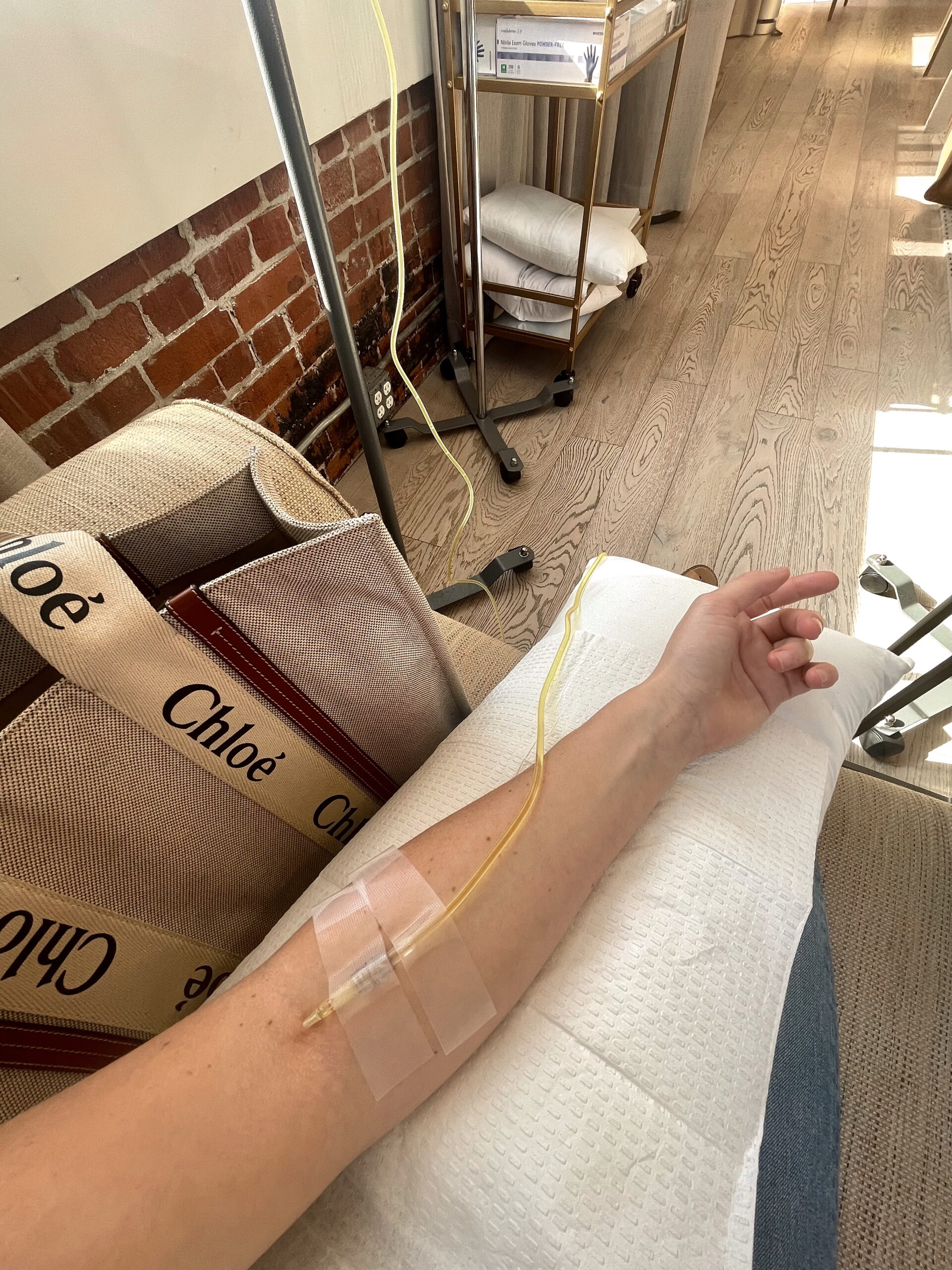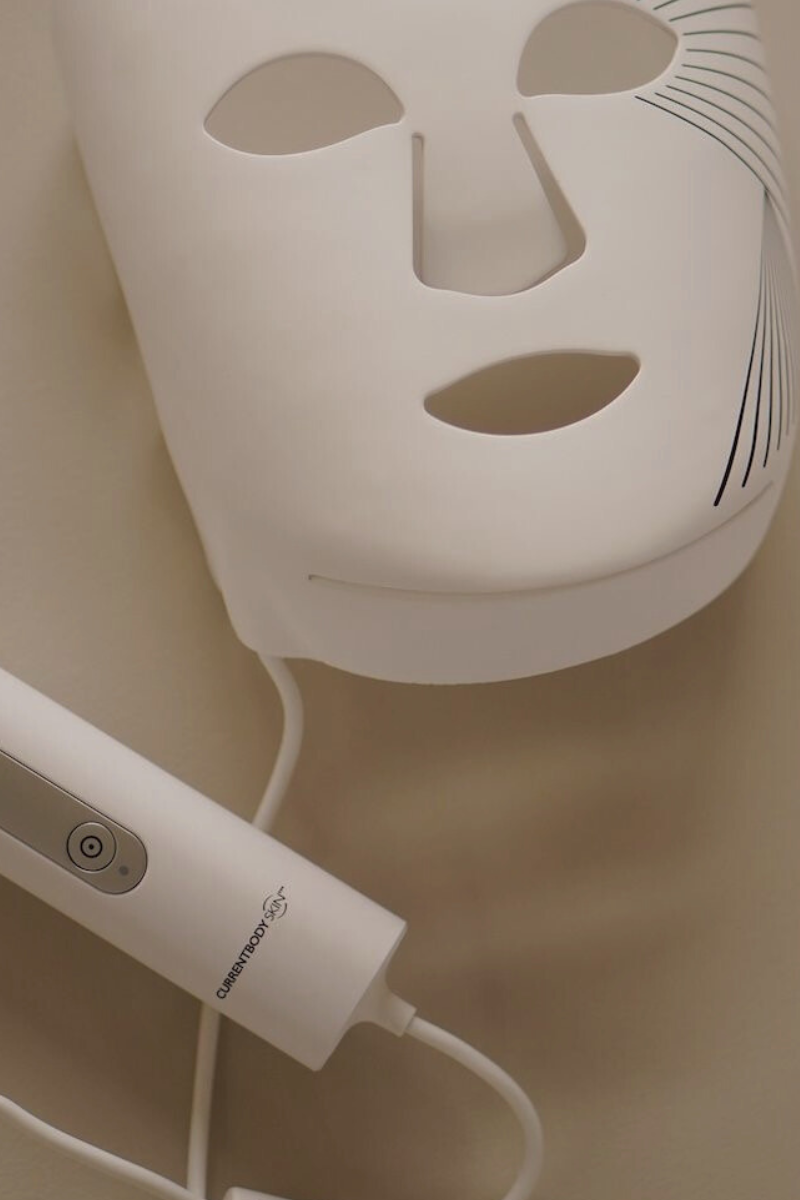Chronic Lyme disease is one of the trickiest, and most debated, illnesses thats on the rise. Finding the right route for a proper diagnosis, treatment plan or even a seasoned doctor is extremely difficult to navigate these days.
Many patients often claim that they’ve been misdiagnosed, not cured entirely, and struggle to find the right treatment plan given the vast and varied information out there. And to make Lyme disease even more complicated, often what helps one person may not work for another – and other undiagnosed co-infections have the potential to “mimic” other ailments as well.
In our mission to dive into the complexities of Lyme, we’ve been fortunate to interview Lyme expert Dr. Lisa Hunt, D.O., of Holtorf Medical Group. Dr. Hunt is board certified in both Family Medicine and Holistic and Integrative Medicine and brings with her over 20 years of experience as a family physician and medical director. Not only does she treat patients with complicated cases of Lyme disease, but specializes in natural thyroid replacement, menopause/andropause therapy, chronic fatigue syndrome, Fibromyalgia, strengthening the immune system, neurotransmitter analysis/replacement and nutritional support guidance.
Dr Hunt’s approach to treating chronic Lyme is based on her decades of experience, open mind and experience with a variety of unique cases. “We believe you. It is not in your head. We understand how debilitating this disease can be,” says Dr. Hunt.
In our recent interview, Dr. Hunt shares her approach on some of the frequently asked questions on chronic Lyme disease and how she’s helped her patients in her practice.
Q:
Why does Lyme often go misdiagnosed?
Lyme is often called “The Great Imitator” because it does not look the same in every patient and it mimics several other illnesses. Lyme disease symptoms typically first present as flu-like symptoms so most people do not realize it could be Lyme. Additionally, Lyme affects multiple systems in the body including the brain, nervous system, muscles, joints, and the heart. Lyme patients are frequently treated for just one of these issues. For instance, those with Lyme exhibiting neurological issues are commonly misdiagnosed with neurological disorders such as Multiple Sclerosis. Therefore, because Lyme can present itself in many different ways, doctors often end up treating the symptoms or misidentifying the root cause.
Q:
Many people mention having lyme tests come back negative, but are still convinced they have it. Could a Lyme test be inaccurate?
Standard testing for Lyme disease misses approximately 90% of chronic Lyme disease cases. This is because the guidelines around a “positive test” are hard to solidify. The CDC identifies a positive Lyme diagnosis as at least five out of ten total markers from a standard blood test. This means that someone could be exhibiting the three most common markers and still not be diagnosed with Lyme. Moreover, because of these specific markers, someone may receive a false negative from a Lyme-specific lab but may have a positive test from a standard lab. At Holtorf Medical Group, we encourage patients to complete all suggested blood tests to ensure our providers are able to reach a clear diagnosis.
Q:
How Should Someone navigate an inconclusive test?
We focus on treating the root cause of symptoms. We understand the interconnectivity of bodily systems and take a holistic approach to each patients’ unique situation and medical profile. If you have an inconclusive test, your medical provider will communicate the next best steps.
Q:
There are many mixed reviews when it comes to antibiotics and lyme. What are some of the main pro’s and cons with antibiotics for lyme treatment?
Pros:
There is a place for using antibiotic therapy when treating acute symptomatic Lyme disease and coinfections. There is little consensus, however, on antibiotic use for chronic Lyme disease. At present, there are no studies showing any benefits of long-term antibiotic therapy for the treatment of Lyme disease and the practice is not condoned by the conventional medical community.
The primary problem is that synthetic antibiotics do not kill only pathogens (disease-causing bacteria). Antibiotics kill all bacteria. The types of microbes (commonly called stealth microbes) associated with Lyme disease are survivors. When full guns are levied at the microbiome (total microbial makeup of the body), stealth microbes are generally the last ones standing. Normal flora are very susceptible to being killed by antibiotics. The harder and longer stealth microbes are targeted with potent antibiotics, the higher the possibility that normal flora will get caught in the crossfire.
Destruction of normal flora shifts the balance of the microbiome from friendly microbes to pathogens (disease-causing microbes which are always present but kept suppressed by normal immune function). Prolonged antibiotic use allows these pathogens to become antibiotic resistant. The total process places undue stress on an already overly stressed immune system.
Indiscriminate use of high potency antibiotics destroys normal flora, allows potential pathogens to flourish, causes yeast overgrowth in the gut, fosters antibiotic resistance, and disrupts immune function. It is impossible to overcome stealth microbes without a healthy immune system.
Cons:
Stealthy microbes such as Borrelia (and the coinfections) win by persistence, not aggression. They can hang on, protected from antibiotics by living inside cells, and staying isolated in the deepest recesses of the body. Frequent use of antibiotics kill off normal flora in the gut and skin, allowing overgrowth of pathogens like Candida (yeast), C. difficile (C. diff), and MRSA skin infections. Antibiotic-resistant pathogens are more threatening than the microbes that cause Lyme disease.
Disruption of the normal flora by antibiotics and the emergence of antibiotic-resistant pathogens causes significant gut dysfunction. Because 70% of immune system functions are in the gut, immune functions are also adversely affected. This adds fuel to the fire to an immune system that is already heavily taxed by an ongoing tug of war with stealth microbes.
Mitochondria were once primitive bacteria. A billion years ago, these high-energy bacteria were hijacked by cells of higher-living creatures to produce energy. They became part of cells of all higher life forms, but they still retain bacteria-like characteristics. Having bacteria-like characteristics makes mitochondria susceptible to damage by many types of antibiotics. This may be why many people experience fatigue with antibiotic use.
Borrelia can exist in biofilms, but how much this contributes to resistance to treatment is controversial. Possibly more concerning is the effect antibiotics have on natural biofilms in the colon. Friendly microbes create biofilm in the mucous lining of the distal small intestine and the large colon. This type of biofilm is protective and essential for a healthy colon. Long-term use of antibiotics can disrupt this protective barrier and increase risk of gut illnesses such as ulcerative colitis and colon cancer.
Q:
What types of detox practices are recommended for patients?
We recommend supplements that contain antioxidants such as glucoraphanin. Glucoraphanin is a precursor to an important detoxifying enzyme called sulforaphane that supports natural detoxification. This phytonutrient is naturally found in broccoli and is associated with several impressive health benefits, including greater detoxification. Studies suggest that this powerful compound is one of the chief reasons hearty cruciferous vegetables like broccoli are so good for us.
We also advocate the use of toxin binders in the form of supplements. Toxin binders assist the body in reducing overall toxin levels. They “bind” to toxins and effectively eliminate them from the body. The body does have the ability to remove some toxins, but when the toxic load becomes too high, your body needs help and binders are incredibly beneficial for detoxing by:
- Removing toxin buildups
- Inducing biofilm removal in the gut
- Alleviating gas and bloating
- Preventing acute poisoning
Q:
How does diet play a role in healing Lyme?
Diet is a significant factor in reducing symptoms of Lyme and Lyme “flare-ups.” People with Lyme, especially if they have gone undiagnosed, can suffer from leaky gut syndrome, which is where bacteria and toxins are able to “leak” through the intestinal wall. Healing the gut is crucial when dealing with a multisystem chronic illness such as Lyme disease. We recommend avoiding inflammatory foods, such as dairy and gluten, and processed sugar.
Q:
What are some immune system “best practices” you recommend, especially when healing form a chronic illness?
We at Holtorf Medical Group believe there is no “one size fits all” treatment protocol when it comes to a complex illness like Lyme disease and/or co-infections. It is critical for physicians treating Lyme disease to invest in their patients healing process. It is vital to take a deeper dive into their medical history and to have close follow-up to monitor symptoms and treatment response.
Patients respond profoundly with a synergistic approach of functional medicine, peptides, IV nutrient/ozone, appropriate nutrition, herbal remedies, and the consideration of antibiotic therapy. Treating Lyme disease in its advanced stages can be complex. It is vital to consider several factors, including the complexity of the organism, differences in the patients’ immune system, the duration of infection, and the presence of co-infections. Some practices to consider include:
- Meditation: As more patients desire an integrative approach to treating chronic illness, meditation has become a popular recommendation from many healthcare providers to assist with healing. And for good reason: Meditation has been shown to help restore immune function in several ways.
- Immune-Boosting Foods: Certain nutrients help fortify your immune system and give it the best chance to fend off unwanted pathogens. Potential nutrients to consider: Vitamin C, Zinc, Selenium.
- Incorporate Immune-Boosting Herbs to Your Diet: For thousands of years, herbs have been used for their ability to boost and support immune function, especially adaptogenic herbs. The phytochemistry of adaptogens counteracts all the stress factors that weaken our immune systems. Recommended herbs include:
o Rhodiola
o Reishi Mushroom
o Cordyceps
o Ashwagandha
- Head Outdoors: Taking a moment to breathe in some fresh air and get some sun increases levels of vitamin D. The vitamin D your body produces when exposed to sunlight can improve immune function.
- Get Enough Sleep: We all know we’re supposed to get a full eight hours of sleep to keep our immune systems strong, but you might be surprised how quickly you experience the repercussions of a bad night’s rest: One study showed that when healthy individuals were deprived of sleep between the hours of 3 AM and 7 AM, their immune systems’ NK cells took a significant hit the following day. However, this NK cell dip was short-lived. When participants resumed their regular sleep habits, their NK cell activity returned to their baseline level of functioning. Even so, this study highlights the importance of prioritizing sleep every night if you want to maintain a strong immune function.
Q:
I recently got bit by a tick – What’s the first thing I should Do?
If you have been bitten by a tick, contact your doctor as soon as possible. The sooner you can prevent the bacteria from affecting your body, the better. This likely means taking a course of antibiotics and working with your doctor on further steps to take.
Q:
What piece of advice would you give to someone struggling with lyme right now?
We believe you. It is not in your head. We understand how debilitating this disease can be. We know it is hard to picture now, but you will be able to manage your symptoms. We will partner with you on your journey to health.
About Holtorf Medical Group
Holtorf Medical Group was founded by Dr. Kent Holtorf, M.D. who had a desire to treat patients struggling with symptoms that were unexplainable by traditional medicine. Through the implementation of innovative, cutting-edge treatments, Holtorf Medical Group’s talented doctors are ready to give patients their lives back.
Visit Holtorf Medical Group’s website to book an appointment and
for the latest in integrative wellness practices.






Comments +